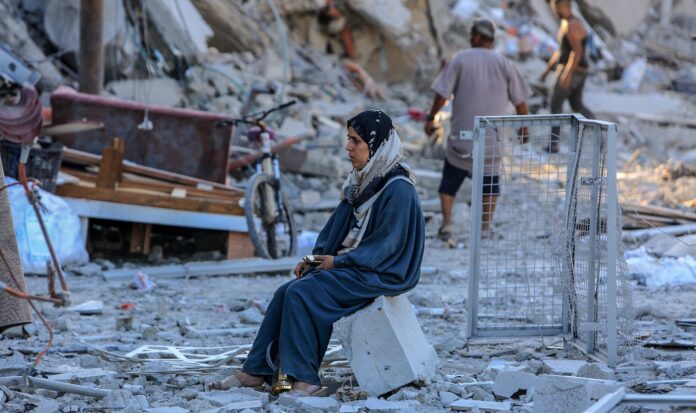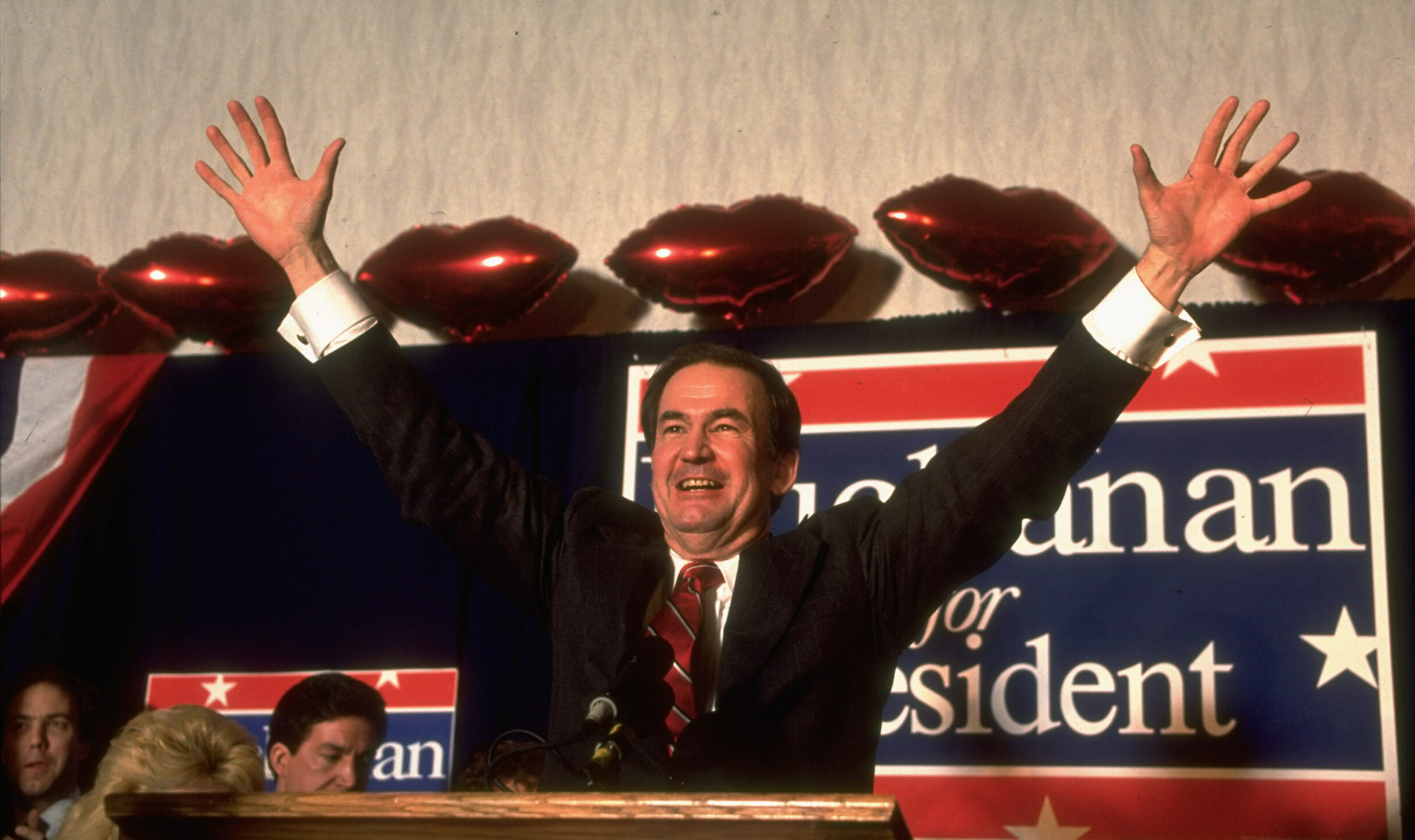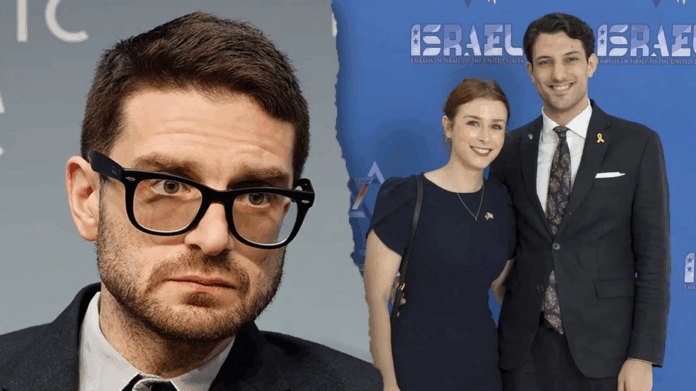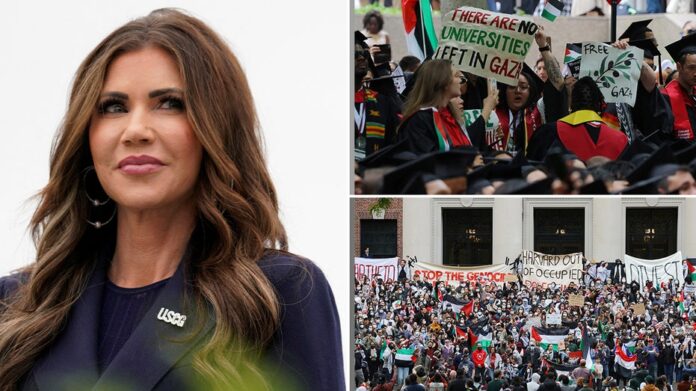What Pro-Palestinian and Pro-Israel Voices Both Miss
The people of Gaza are not a means to an end.
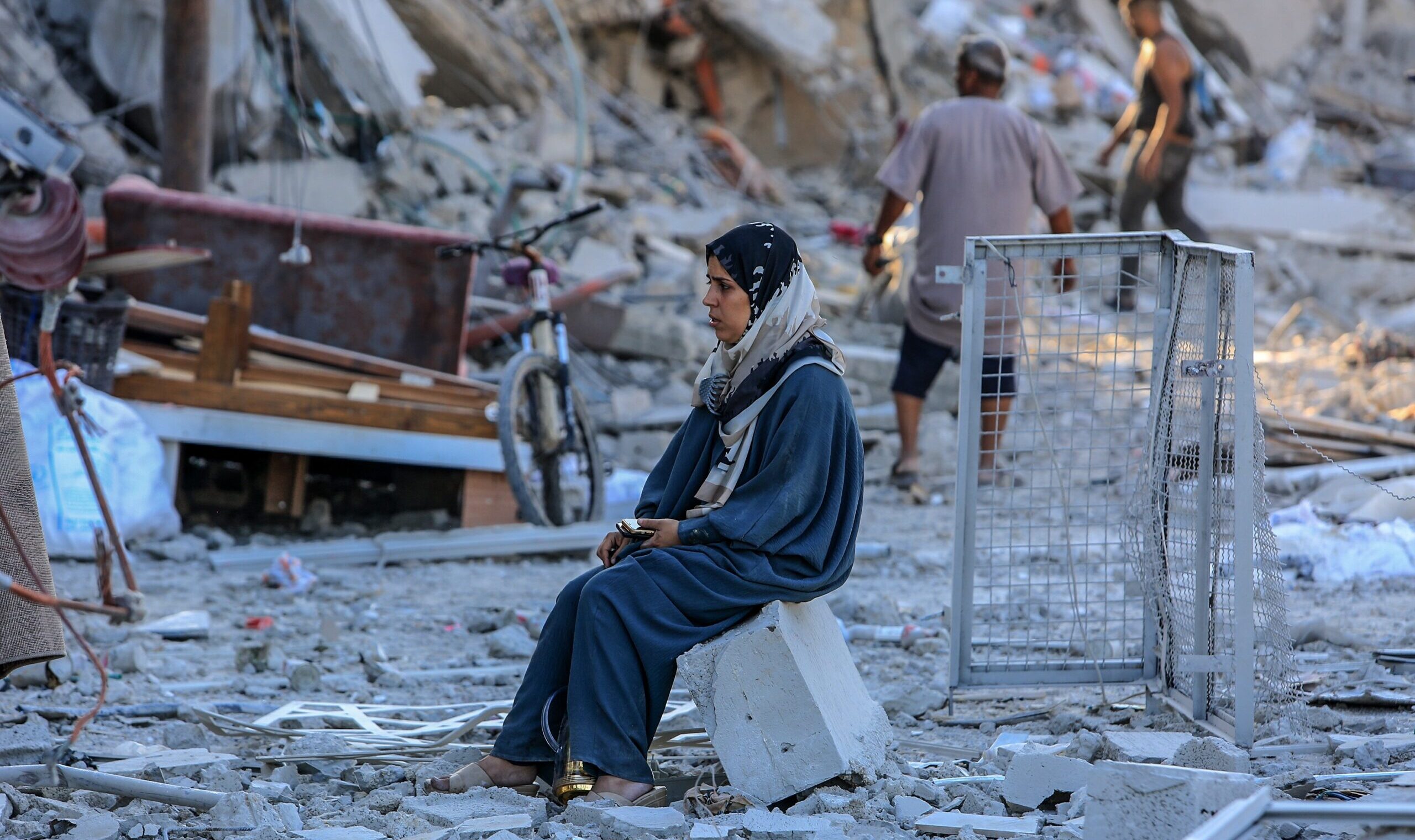
Those who get their news by way of the corporate media in the West might not be aware of it, but Palestinians in Gaza have risen up in protest against Hamas. And to those who belong to the cynical and shallow political movements of the West, that might come as a shock.
Ihab Hassan, a Palestinian Christian and human rights advocate, put it beautifully this week. He praised people in Gaza for finding “the courage to rise up and protest against Hamas” even while being “under constant bombardment and Israeli airstrikes.” However, as Hassan pointed out, “the protests were overwhelmingly ignored by major pro-Palestine voices, accounts, and media outlets that claim to support Palestinians. The bravest act of defiance—dismissed, simply because it didn’t fit their narrative.”
Worse, Hassan continued, “many didn’t stop at silence.” Self-styled pro-Palestinian voices “went further—smearing these courageous protesters, accusing them of betrayal, and lecturing them that Hamas is ‘resistance.’”
Even compared to Palestinians loyal to Hamas, activists in the West presented “the harshest backlash against anti-Hamas protesters in Gaza,” Hassan noted, condemning “pro-Hamas voices in the West and keyboard warriors, thousands of miles away, sitting comfortably as they preach ‘resistance’ while Palestinians bleed.”
And here’s the key: These onlookers, who “aren’t pro-Palestine” but “pro-Hamas,” are “indifferent—because they’re not the ones paying the price, but Palestinians in Gaza,” Hassan wrote.
That’s right. And of course, it goes without saying that the “other side” in the sick narrative wars being waged by opinion-makers in the West are just as thoughtless of the vulnerable people of Gaza.
Worse than thoughtless—actively hostile. We have mainstream Christian commentators publicly goading Israeli forces to “flatten” and “carpet-bomb” entire civilian cities. Respected public intellectuals calling Arabs in general and Gaza’s population in particular a “people of death,” suggesting they must be terminated in order to save Western civilization. Popular religious leaders spreading bizarre, gnostic claims that Palestinians have the spirit of the ancient Amalekites and so must be treated as eternal enemies.
Or just look at the dehumanizing comments on X from “conservatives” responding to a video from my apostolate, The Vulnerable People Project, in which we join President Donald Trump and Pope Leo XIV in calling for Netanyahu to allow aid into Gaza to save starving women and children.
Many commenters blame Palestinians for the actions of Hamas, justifying collective punishment (or rather, trying to justify it). In fact, only a fraction of Gaza’s current residents voted for Hamas during the last election.
Another fact: The election in question took place some 20 years ago—making the rule of Hamas a bygone conclusion rather than something anyone in Gaza has had any real opportunity to embrace or reject for many years.
Another fact is that some of Hamas’s funding has come thanks to the state of Israel under the leadership of Prime Minister Benjamin Netanyahu, who saw the terror group’s power in the strip as a chance to keep the Palestinian territories politically divided.
But the main thing missing from the trendy activist narratives and corporate press in the West isn’t just facts like those—or even just reportage of the courage of the Gazans who rose up against Hamas.
No, the main thing missing is a fundamental belief in the dignity and worth of the human beings most directly under threat during Netanyahu’s current campaign of ethnic cleansing in Gaza: the men, women, and children who live there.
However complex a situation might become, this belief in the dignity of the vulnerable, and a consequent commitment to standing in solidarity with them as ends in themselves, is the duty of every one of us who claims to be a Christian and an inheritor of Western values.
We must stop treating the people of Gaza as another “issue”—a “debate” for loud onlookers on either side to use as a means to further their petty causes from a safe distance.
The people of Gaza—and all people, especially when they are under threat and find themselves ignored and unsupported by the powerful—are ends in themselves. And as a Christian, I would add that they are images of God. The God who became man, allowed Himself to be handed over to violence and abandoned by those who should have been loyal to Him, and made clear that He expected us to treat others who face the same ordeal as if they were Himself.
“Truly I tell you, whatever you did for one of the least of these brothers and sisters of mine, you did for me,” says the King of Kings.
And “whatever you did not do for one of the least of these, you did not do for me.”
The post What Pro-Palestinian and Pro-Israel Voices Both Miss appeared first on The American Conservative.
